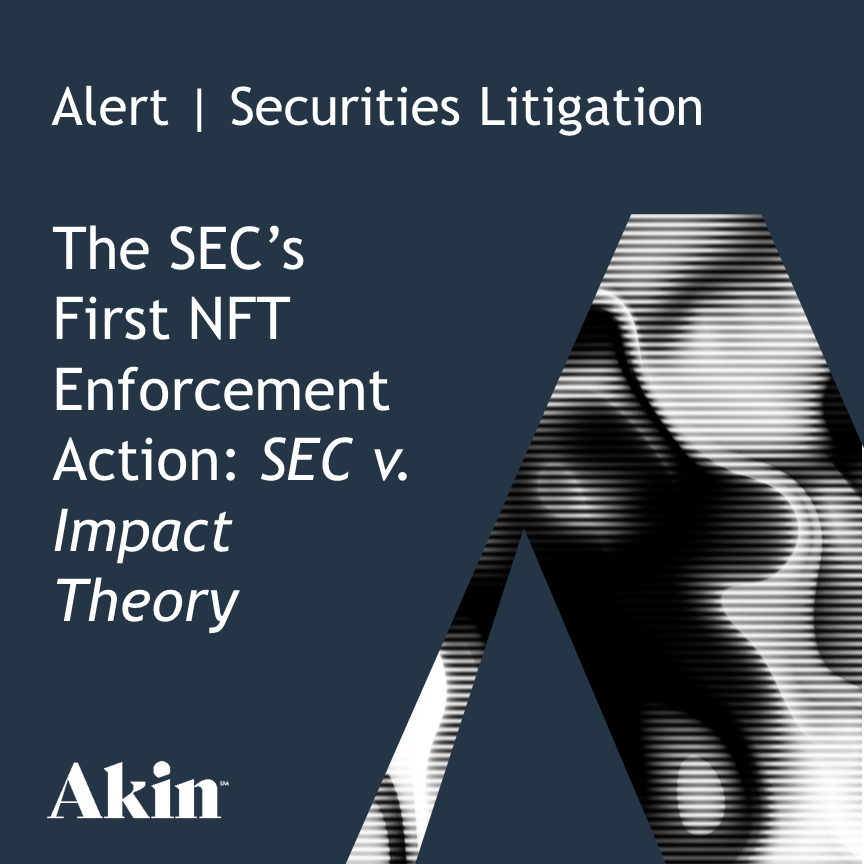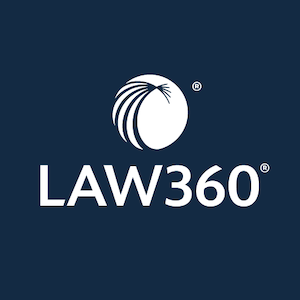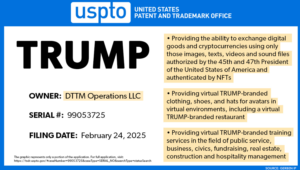The SEC’s First NFT Enforcement Action: SEC v. Impact Theory

Key Points
On August 28, 2023, the SEC charged Impact Theory, LLC, a media company with an unregistered securities offering through its sale of NFTs. This marks the first time that the SEC has brought an enforcement action involving the sale of NFTs as unregistered securities. This may signal a new effort by the SEC to bring the NFT market, which has exploded in popularity in recent years, into its jurisdiction.
As part of the settlement, the company agreed to pay $6.1 million in disgorgement and penalties. The company also committed to several noteworthy undertakings, including the destruction of remaining NFTs within its control and the revision of the code for the NFTs to prevent it from receiving any future royalties from secondary market transactions. The settlement does not include admissions of fraud.
Two Commissioners issued a written dissent to the settlement and encouraged the SEC to provide the market with better guidance on NFT regulation.
The Order
On Monday, August 28, 2023, the U.S. Securities and Exchange Commission (SEC) entered into a settled enforcement action (the “Order”) with Impact Theory, LLC, a media and entertainment company, charging it with violating Section 5 of the Securities Act in connection with its unregistered sale of “KeyNFTs.”1 Impact Theory offered three “tiers” of non-fungible tokens (NFTs): “Legendary,” “Heroic” and “Relentless,” and each KeyNFT contained a digital graphic that featured a combination of four (out of 50 possible) symbols.2 The Order does not provide detail on whether KeyNFTs have the attributes of collectibles—a typical feature of NFTs. Rather, the SEC refers to the KeyNFTs as “purported NFTs,” indicating that the KeyNFTs may be different in form from others NFTs on the market.3
The SEC found that Impact Theory sold the KeyNFTs to investors across the United States, raising approximately $30 million of Ethereum in exchange for the NFTs. The settlement is notable because it marks the first time that NFTs have been found as “investment contracts” under the test set forth by the Supreme Court in SEC v. W.J. Howey Co., 328 U.S. 293 (1946).4 Under the Howey test, an investment contract is any “contract, transaction or scheme whereby a person [1] invests his money [2] in a common enterprise and [3] is led to expect profits [4] solely from the efforts of the promoter or a third party.”5
The Order quoted more than a dozen public statements by Impact Theory in support of its finding that KeyNFTs satisfied each element of the Howey test. For example, the SEC found that:
Element 1: Investment of Money in a Business. Investors understood that through their purchase of the KeyNFTs they were investing in Impact Theory’s business. Impact Theory stated its intention to become “the next Disney,” telling prospective investors that by purchasing the KeyNFTs they had the equivalent opportunity to getting “in on Disney when they were doing Steamboat Willie.”6
Element 2: Common Enterprise. Impact Theory publicly shared its view that KeyNFT investors, Impact Theory and Impact Theory’s founders would all be “enriched,” and that their potential profits were “all linked together.”7
Element 3: Expectation of Profits. Statements from the company and prospective and actual purchasers of KeyNFTs reflected that they clearly believed there would be a “reasonable expectation of profits” from their purchase of the KeyNFTs. For example, investors stated that the reason they bought KeyNFTs was the expectation of future profits, equivalent to “investing in Disney, Call of Duty, and YouTube all at once” or “handing 20$ [sic] to Mark Zuckerberg in his dorm room.”8
Element 4: Profits Derived from Efforts of the Company. Impact Theory told investors that the value from the KeyNFTs would be derived from the company’s efforts and that it would use the proceeds from the KeyNFT offering for “development,” “bringing on more team” and “creating more projects.”9
Prior to the settlement, as part of remedial efforts, Impact Theory repurchased approximately $7.7 million worth of KeyNFTs from investors.10 And as part of the settlement, Impact Theory agreed to pay an additional approximately $5.6 million in disgorgement and prejudgment interest alongside a $500,000 penalty. As a further remedial measure, Impact Theory has committed to “destroy” all KeyNFTs under its control and to take steps to ensure it does not receive any future royalties arising from secondary market transactions of these NFTs.11
Commissioners Hester Peirce and Mark Uyeda dissented to the application of the Howey test to the KeyNFTs. The dissent posed nine questions relating to the rationale behind the SEC’s decision to assert jurisdiction over NFTs through an enforcement action. The Commissioners agreed there was a legitimate concern regarding the hype around the KeyNFTs but also found that was “not a sufficient basis to pull the matter into [the SEC’s] jurisdiction.” The Commissioners stated, “We do not routinely bring enforcement actions against people that sell watches, paintings, or collectibles along with vague promises to build the brand and thus increase the resale value of those tangible items.” The Commissioners further noted that as the first NFT settlement this enforcement action “raise[d] many difficult questions.” From the dissent’s perspective, “[t]he Commission should have grappled with these questions long ago and offered guidance when NFTs first started proliferating.”
Takeaways
With the SEC engaged in high profile litigation across the country regarding the status of digital assets as securities, this case marks the first time the SEC has extended its jurisdictional reach further into the NFT space. This is not surprising, given remarks from Chair Gary Gensler last year, which indicated that the SEC’s broad reading of the Howey test could bring a numbers of NFTs into the SEC’s purview.
The settlement shows that the SEC is paying close attention to statements and representations made to investors, including through social media sites, regarding how the NFT issuer intends to use proceeds from NFT sales. As a media and entertainment company, Impact Theory’s business may function differently than traditional NFT marketplaces, which could explain why the SEC identified several public statements made by the company.
The settlement may have implications for ongoing federal securities class action lawsuits, such as the ongoing litigation against Dapper Labs, in which plaintiffs have alleged that NFTs, such as NBA Top Shot “Moments,” are securities.
1 SEC v. Impact Theory, LLC, No. 3-21585 (Aug. 28, 2023).
2 Id. ¶ 4.
3 Id. ¶ 1.
4 Id. ¶ 2.
5 SEC v. W.J. Howey, 328 U.S. at 298–99.
6 Order, ¶ 6.
7 Id. ¶ 8.
8 Id. ¶ 9.
9 Id. ¶ 1.
10 Id. ¶ 16.
11 Id. ¶ 17.
Source link
#SECs #NFT #Enforcement #Action #SEC #Impact #Theory




